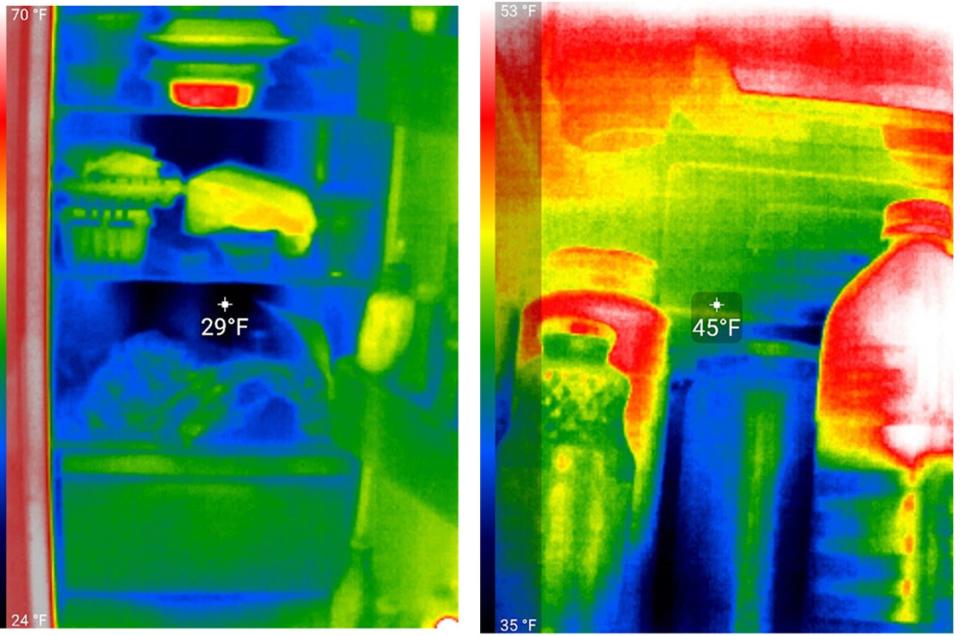Spoiled food, water leaks: What to know about rising refrigerator safety complaints
When Americans complain about dangerous products to the U.S. Consumer Product Safety Commission, their No. 1 target is appliances, according to a USA TODAY analysis of more than a decade of data.
But in the past two years, an unprecedented spike in complaints focused on just one kind of appliance: refrigerators, mainly those made by Samsung.
As of July, the most recent month for complete data, consumers this year had registered 471 safety complaints related to refrigerators – the highest figure since such data was first published in 2011. That's five times the annual number of fridge complaints from just three years ago.
And Samsung owners comprised more than 3 out of 4 of all refrigerator safety complaints filed since 2020.

Samsung buyers cited malfunctioning ice makers, overfreezing in the ice compartment, water leakages, fire hazards, food spoilage, and multiple stomach-related ailments they blamed on refrigerators running above the temperature at which products can be safely stored.
Read the full investigation: Safety complaints surge, with most aimed at Samsung
Is there a Samsung recall?
The Consumer Product Safety Commission has not issued any warning or recall.
But the agency confirmed this week that there is an ongoing investigation when it denied USA TODAY's request for records and correspondence concerning Samsung refrigerators over the past decade. The commission said disclosure would hinder its investigation.
The agency is under statutory restrictions that critics say can delay the process of warning consumers about products it has concluded are unsafe. Commission officials must first ensure that the information it plans to publish is accurate, notify the company, gather the company's comments, and negotiate corrective actions.

 Yahoo Autos
Yahoo Autos 